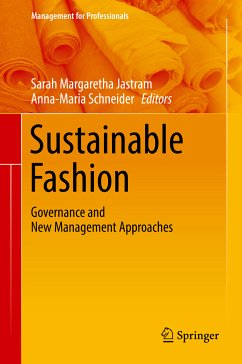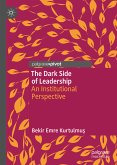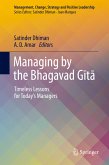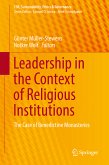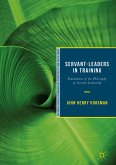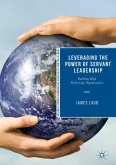This edited volume comprises ideas, visions, strategies, and dreams of entrepreneurs, managers, scientists and political experts who share their best practice experience relating to the joint goal of a more sustainable, humanistic, and responsible fashion industry. Readers will find a variety of approaches and strategies that in sum represent a rich pool of insights and cases for anyone interested in the study of new management perspectives and in the systematic advancement of sustainable fashion.
In 14 chapters, international authors discuss topics such as Sustainable Business Models, Cradle-to-Cradle, Circular Economy, Human Rights, Ethical Supply Chain Management, Sustainable Fashion Consumption, Certification and Auditing, Traceability, Impact Measurement, and Industry Transformation. Business case studies include H&M, Filippa K, Melawear, Otto, Tauko, and Tchibo. Further brands that are discussed in the book are Prada, Burberry, Hermès, Hugo Boss, and many more. The book demonstrates that sustainable fashion can hardly be realized by just one actor or by using just one business tool or governance instrument. The sustainable transformation of the textile sector requires concerted action of businesses, governments, NGOs, and consumers to clearly demonstrate a coalition for change and a willingness and power to end inhumane and unsustainable business practices in the 21st century. The sum of innovative approaches and solutions presented in this book shows that the momentum for change is strong and that mutual learning, respect and collaboration can lead to interesting and effective new paths of co-creation and shared responsibility in the fashion industry.
Dieser Download kann aus rechtlichen Gründen nur mit Rechnungsadresse in A, B, BG, CY, CZ, D, DK, EW, E, FIN, F, GR, HR, H, IRL, I, LT, L, LR, M, NL, PL, P, R, S, SLO, SK ausgeliefert werden.

